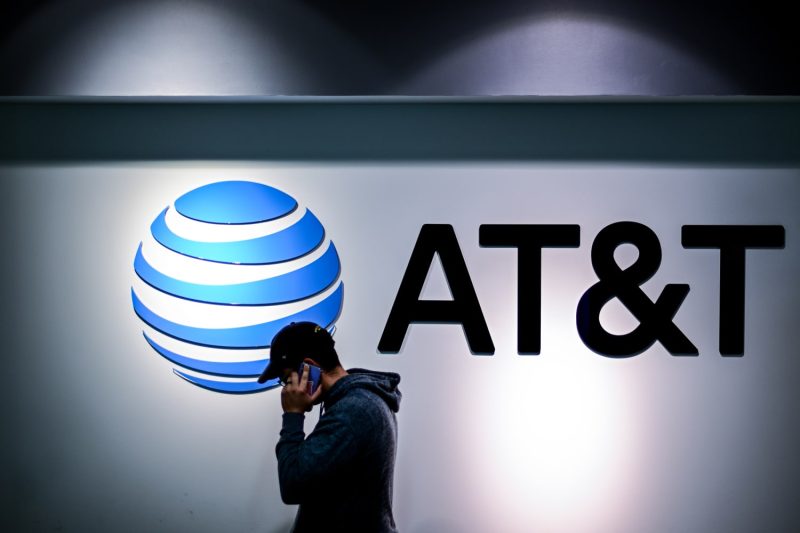The recent court ruling that AT&T and other phone companies could face liability in a case involving stolen nude images is sending shockwaves through the telecommunications industry. The case, which involves a woman whose intimate photos were stolen from her phone and posted online without her consent, has raised significant questions about the responsibility of phone companies to protect their customers’ data and privacy.
The lawsuit alleges that AT&T and other phone companies failed to adequately secure the victim’s personal data, making it vulnerable to hacking and unauthorized access. The court’s ruling that these companies could be held liable for such breaches has far-reaching implications for the industry as a whole.
In today’s digital age, privacy and data security are of paramount importance. Customers trust phone companies with a wealth of personal information, including sensitive photos, messages, and other private data. When this trust is breached, as in the case at hand, it can have devastating consequences for the individuals involved.
While phone companies have long taken measures to protect customer data, this case underscores the need for even greater vigilance in the face of evolving cyber threats. From data breaches to hacking incidents, the risks to customer privacy are numerous and constantly evolving. Companies must invest in cutting-edge security measures and adhere to industry best practices to safeguard customer data effectively.
Moreover, the court’s ruling serves as a wake-up call to the entire telecommunications industry. It highlights the importance of implementing robust security protocols, conducting regular security audits, and taking swift action to mitigate any vulnerabilities that may put customer data at risk.
Ultimately, the case involving stolen nude images serves as a cautionary tale for phone companies and underscores the critical importance of safeguarding customer data in an increasingly digital world. As the telecommunications industry grapples with the implications of this ruling, it is imperative that companies prioritize data security and privacy protection to maintain the trust and confidence of their customers.
